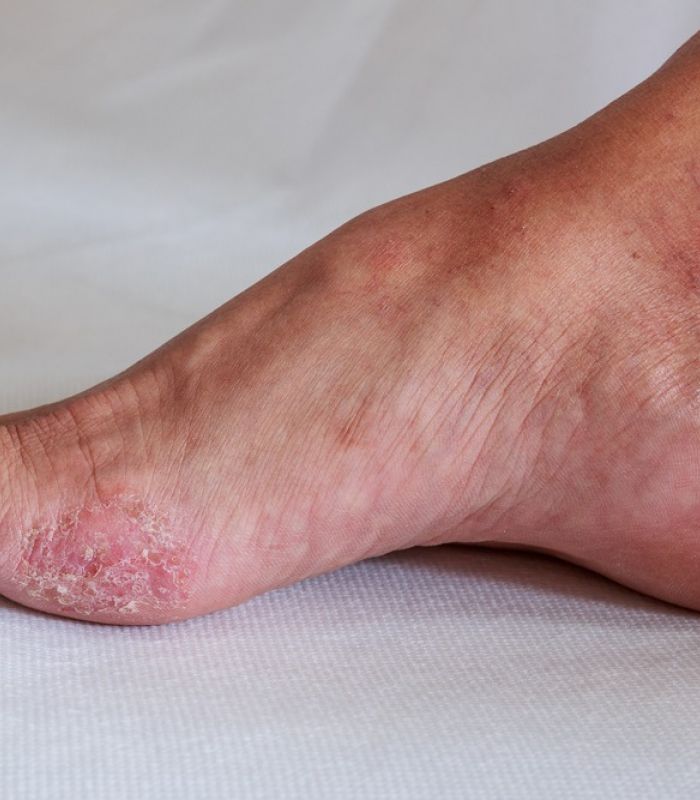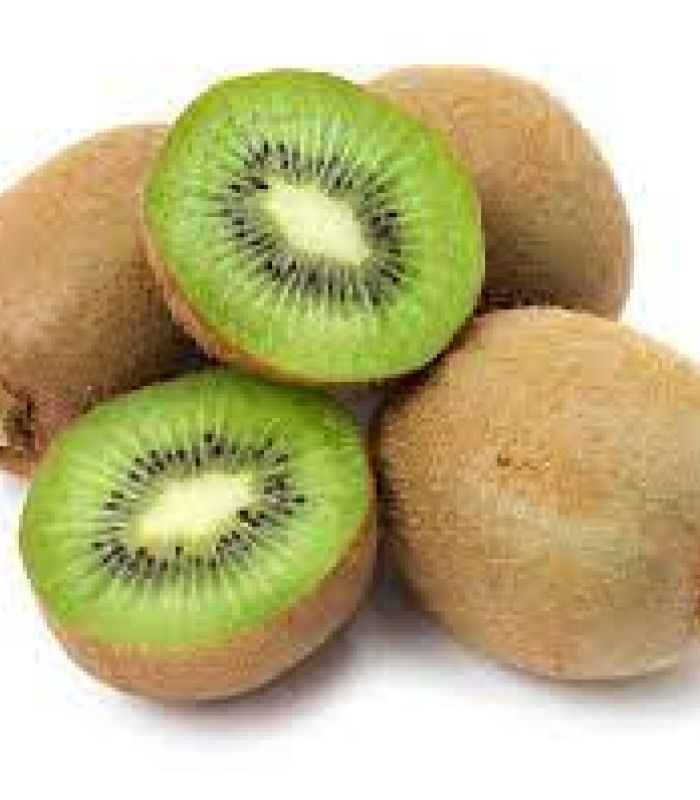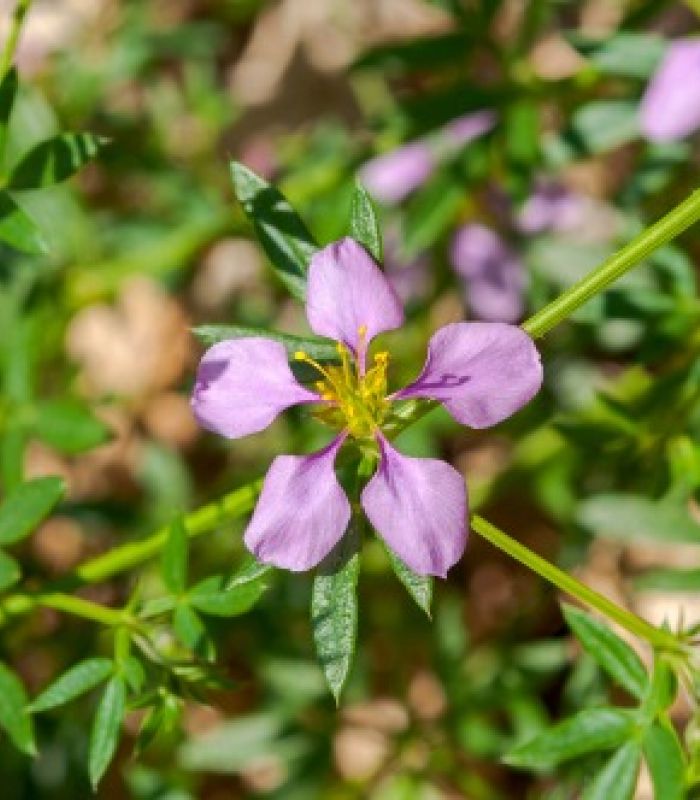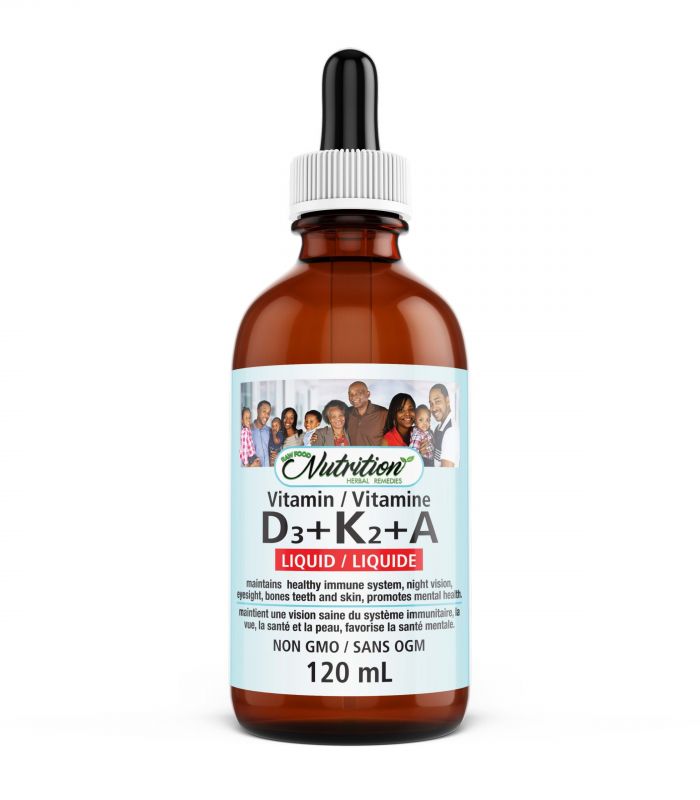Role of Chemotherapy – The Pain of Cancer
Role of Chemotherapy – The Pain of Cancer

Aggressive chemotherapy and invasive surgeries may beat Cancer, but brings a host of problems for patients Here is the story of a Daughter as she saw her Mother struggle against the Chemotherapy and other Modern invasion surgeries -Recounting her Mother’s Struggle with Cancer was difficult for the young woman, even several years after her death. She had endured first surgery and then chemotherapy and radiation, she said, and the cancer had gone into remission. She was thrilled, but the aggressive treatment left her with chronic, debilitating pain. Once active, she struggled to get around in her own home.
“It wasn’t the cancer that got her,” the Daughter said. “It was the Pain”. Her Mother had turned to all of her doctors, with little relief. Her surgeon had looked at her operative wounds, pronounced them well healed, then stated that they were in no way responsible for her disability. Both her Cancer Doctor and Radiation Doctor congratulated her on being in remission but then declined to prescribe pain medications since they were no longer treating him and couldn’t provide ongoing follow-up and dosing guidance. Her primary care doctor listened to her descriptions of limitations, but then prescribed only small amounts of pain meds that offered fleeting relief at best.
PAIN HAS been declared the “fifth vital sign” after temperature, heart rate, respiration and blood pressure. Sadly, according to a new study in the Journal of Oncology, a significant percentage of cancer patients continue to suffer from pains as her mother did. Researchers who surveyed more than 3000 cancer patients found that nearly two-thirds said they were in pain or receiving pain medications. Roughly a third felt they needed more painkillers to fully treat their symptoms.
A month after the patients saw their oncologists, the researchers again asked the patients about their pain. Instead of showing improvement the percentage of patients who continued to be in pain remain unchanged. Their pain in other words had not been treated. The findings re sobering echo of research from nearly physicians are just unwilling to prescribe the needed medications. Nearly a third of Cancer specialists waited until the patient was only a month’s away from death before offering maximum pain control.
These results were eye opening for the oncology community and helped fuel a firestorm of initiatives in the late 1990s and early 2000s aimed at improving how doctors address pain in general. State medical boards began to mandate that all doctors take pain management courses before renewing their licenses to practice. In a move presaging today’s checklists, pain was declared a patients fifth vital sign. Unfortunately, that new norm turned out to be not so different from the old.
While there had been a slight improvement in the number of patients whose pain was controlled, nearly a third of patients were still inadequately treated. While the study offers important follow-up data to work conducted two decades earlier, it also represents a growing interest among researchers in the symptoms of cancer, particularly for the growing number of people who are living longer than patients from even a decade ago. Thanks to advances in Cancer treatment, more than half of all cancer patients now live five years more or more past their initial cancer diagnosis.
Now there is a new clinical evidence to suggest that “Fagonia Cretica Tea has been extremely beneficial in reducing the side-effects of chemotherapy, besides strengthening the Normal Breast Cells.”
Researchers found that herbal tea made from the extract of the plant destroys cancer cells but unlike conventional chemotherapy, treatment does not damage non-cancerous cells so the fight against Cancer becomes very easy and determined.
We are hereby providing the research papers for your reference –
Research by scientists at Aston University, Birmingham, and Russells Hall Hospital, Dudley, suggests it contains potent anti-cancer agents that act singly or in combination against the proliferation of cancer cells. Laboratory tests showed they arrested the growth of cells within five hours of application and caused them to die within 24 hours.
The plant, which has the botanical name Fagonia cretica, is found in arid, desert regions of Pakistan, India, and some parts of Europe.
Professor Helen Griffiths and Professor Amtul R Carmichael, who headed the study, found herbal tea made from the extract of the plant destroys cancer cells but, unlike conventional chemotherapy, treatment does not damage normal breast cells, thus reducing side effects.
Reports from sufferers in Pakistan and India suggest that the plant extract does not trigger any serious side effects such as loss of hair, drop in blood count or diarrhea.
The research found the plant extract had a novel mechanism which could remedy defects in cell DNA that would normally resist tumor growth.
An impaired DNA response not only allows the cancer to flourish, it also inhibits the way chemotherapy works which reduces its effectiveness.
Professor Carmichael said a small hospital 100 miles north of in Pakistan started using the herbal tea 40 years ago to treat breast cancer patients.
“It appears to keep them in remission, although we can’t use the word cure at this stage,” she said. “However, they live for a long time without losing their hair or putting on a large amount of weight, or experiencing other toxic side effects associated with chemotherapy, so we are confident this extract has something to contribute.”
Based on above conclusions, it can be said with confirmation that Fagonia cretica can be very helpful in fighting against the side-effects of Chemotherapy as it provides the much needed strength to Immune System of Human Body.
Related Health Stories
How To Lower Your Cholesterol
Health Coaching
Foods That Dissolve Blood Clots
Common Questions About Fruits and Vegetables
THESE TINY LITTLE SEEDS making BIG news
Anti-Inflammatory Pineapple Smoothie
Lung Mixture
Blueberries
BLOOD PRESSURE READINGS
Latest Stories
-

Natural Remedies for Foot Fungus
January 2, 2017Read more -

Lifestyle Transitioning
March 22, 2017Read more -

Kiwi Fruit – Good for Anemia
April 5, 2017Read more -

Fagonia cretica / dhanvyaas
April 5, 2017Read more -

Understanding Breast Cancer
April 10, 2017Read more -

Role of Chemotherapy – The Pain of Cancer
April 10, 2017Read more -

The benefits of vitamin D3+ K2+A for patients with high blood pressure
April 10, 2017Read more -

Vitamin D and people of colour
April 10, 2017Read more -

GUIDE TO: Weight Loss & Maintenance
April 10, 2017Read more -

What’s the real point of eating?
April 10, 2017Read more
-
Free Recipes e-Book
-
Orders & Shipping
-
Exchanges & Returns
We specialize in rawfood and rawfood preparation, herbs and herbal formulas, specialty oils, vitamins and natural treatment programs that is proven to work.









